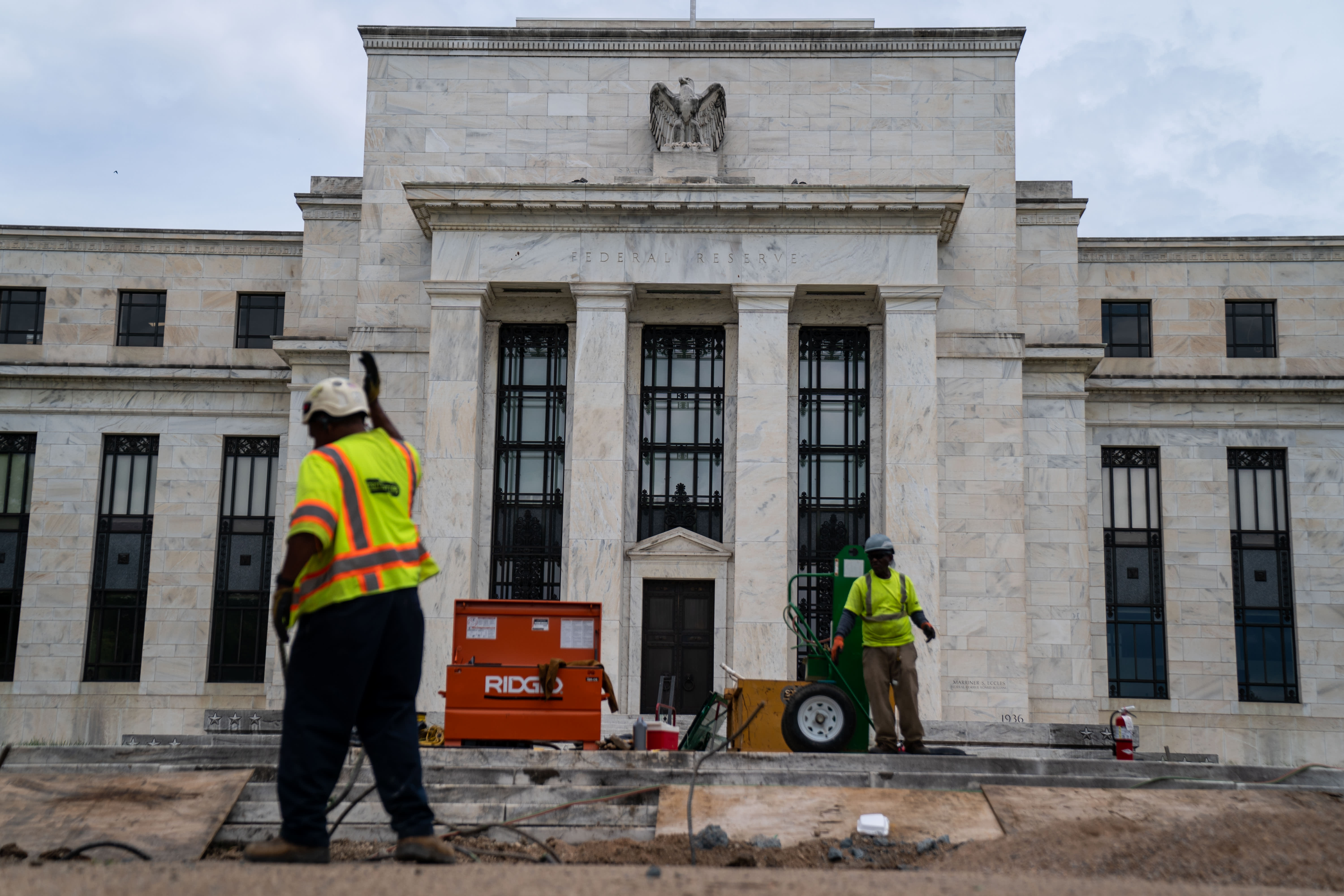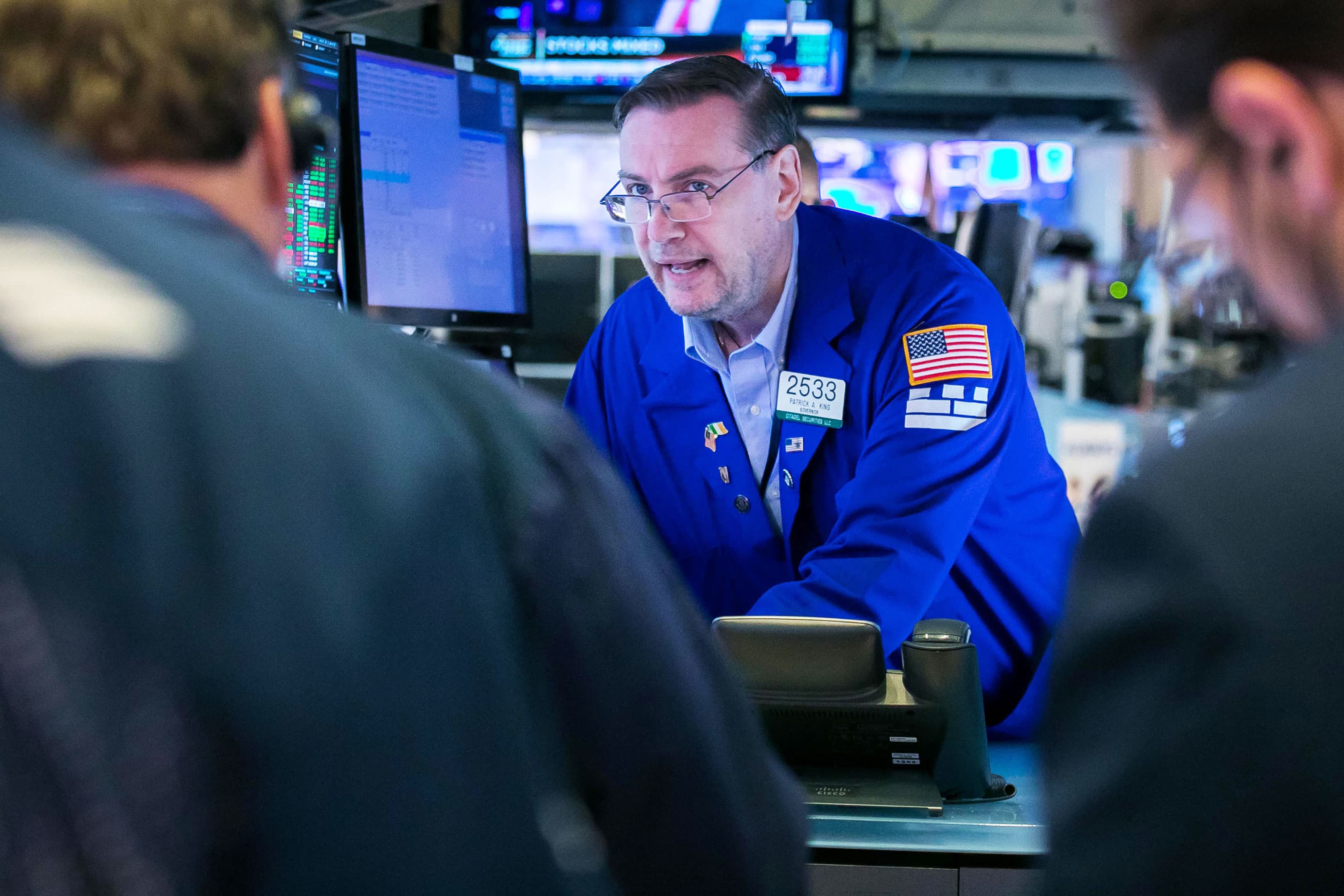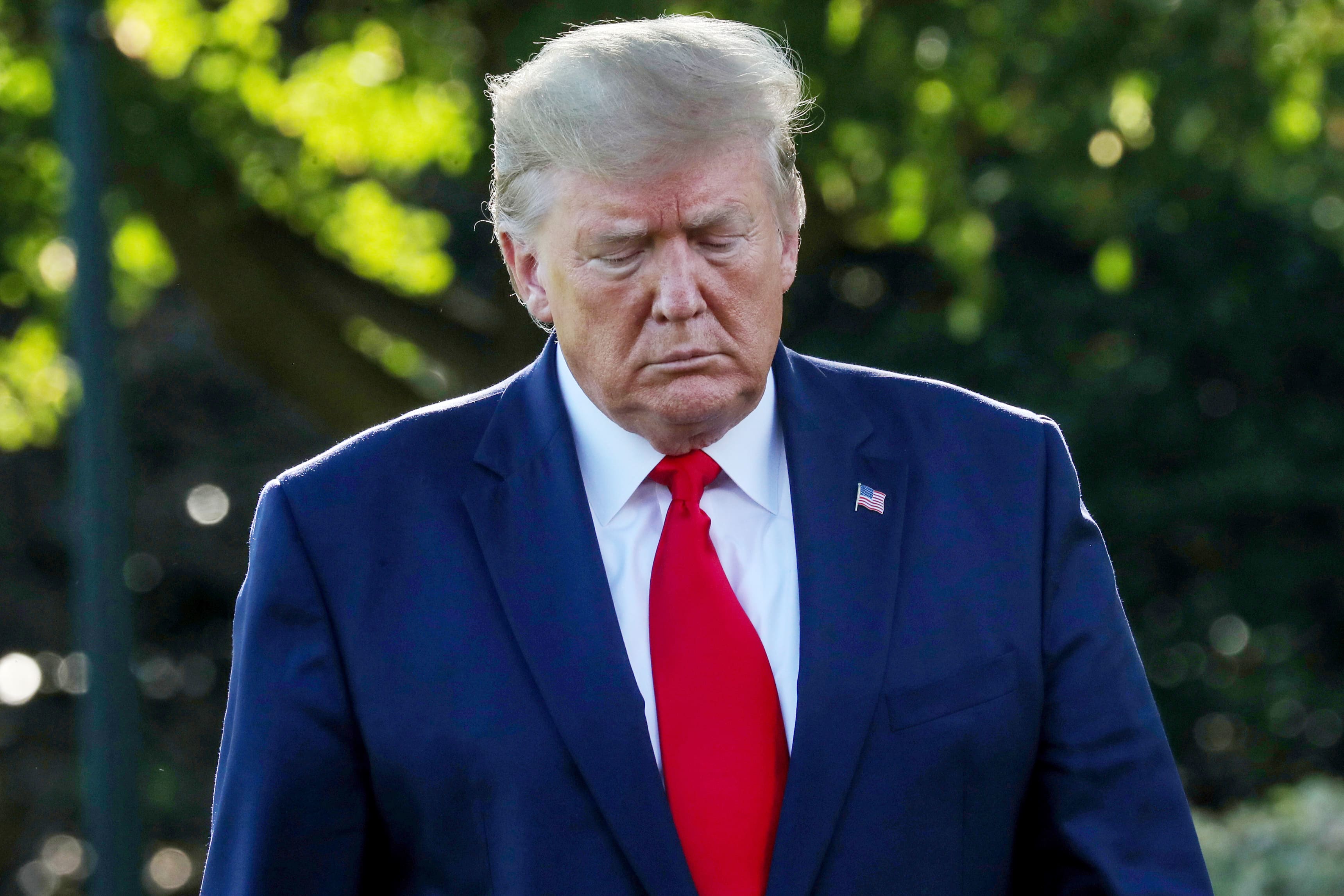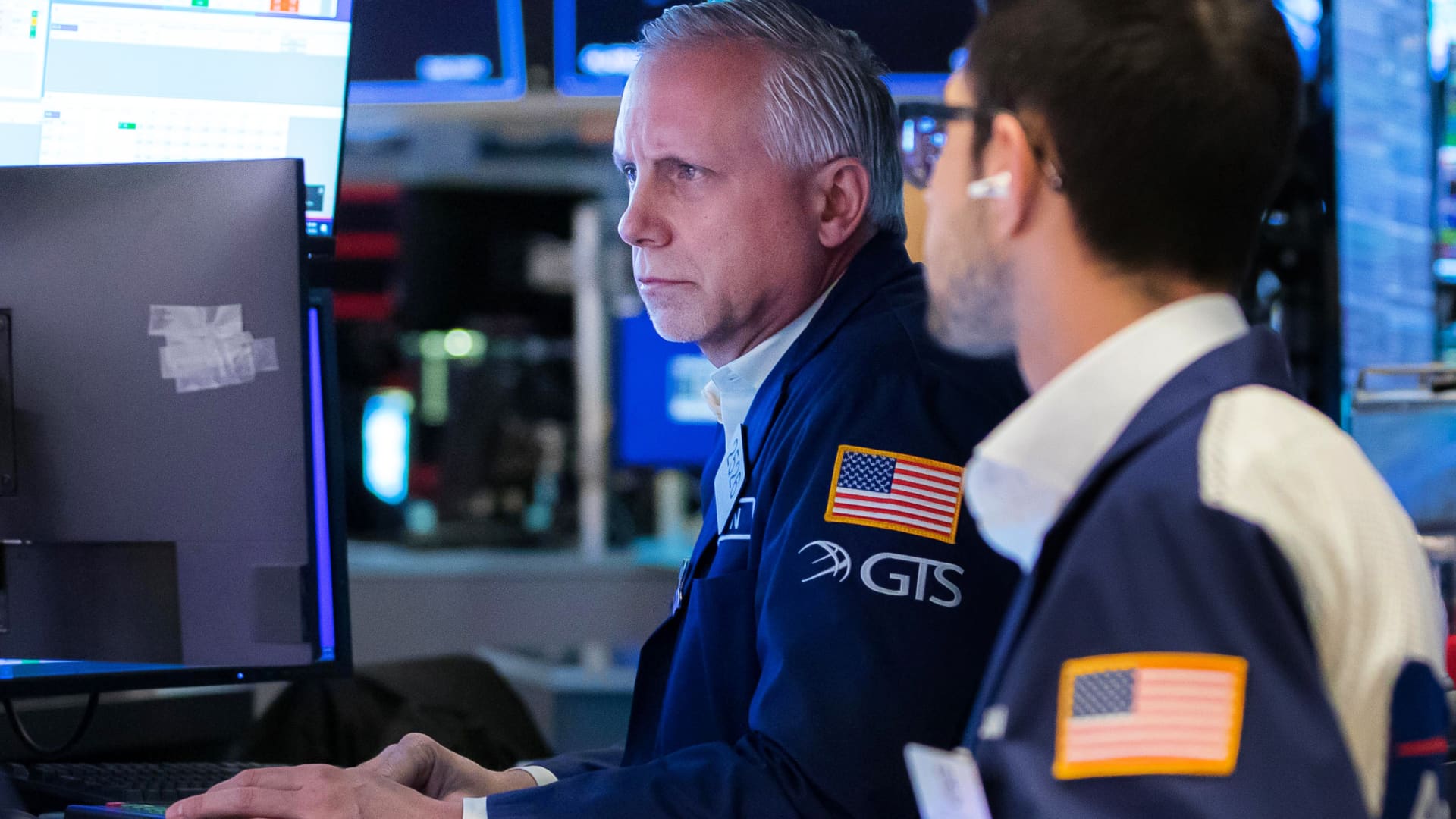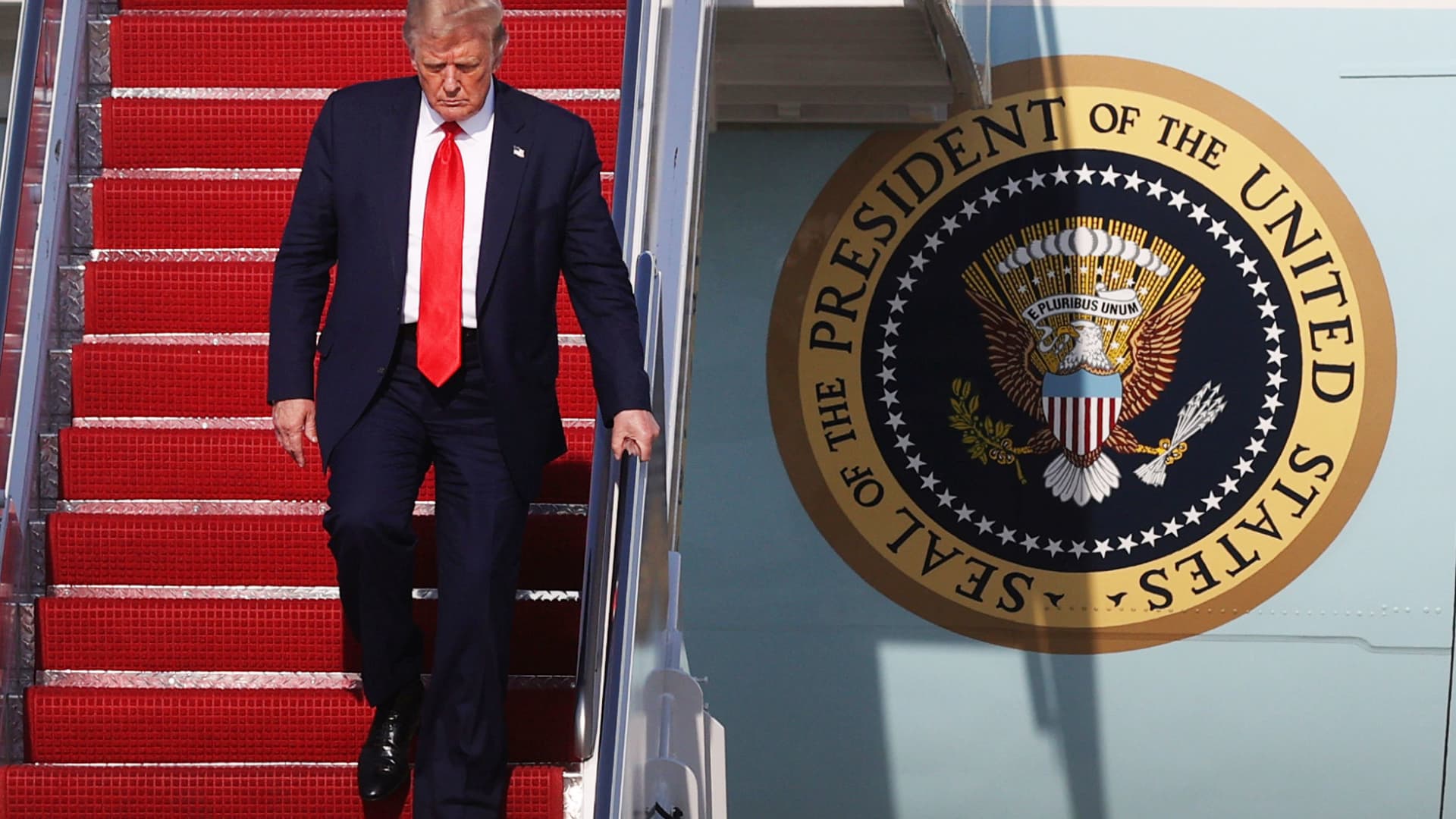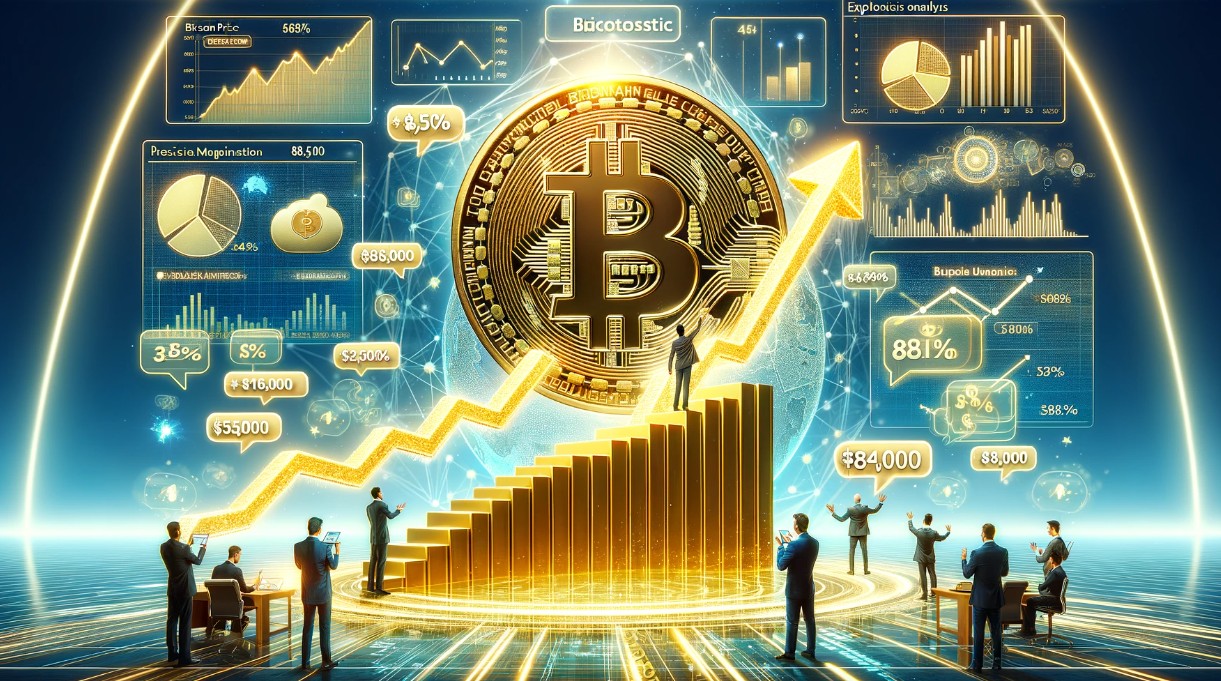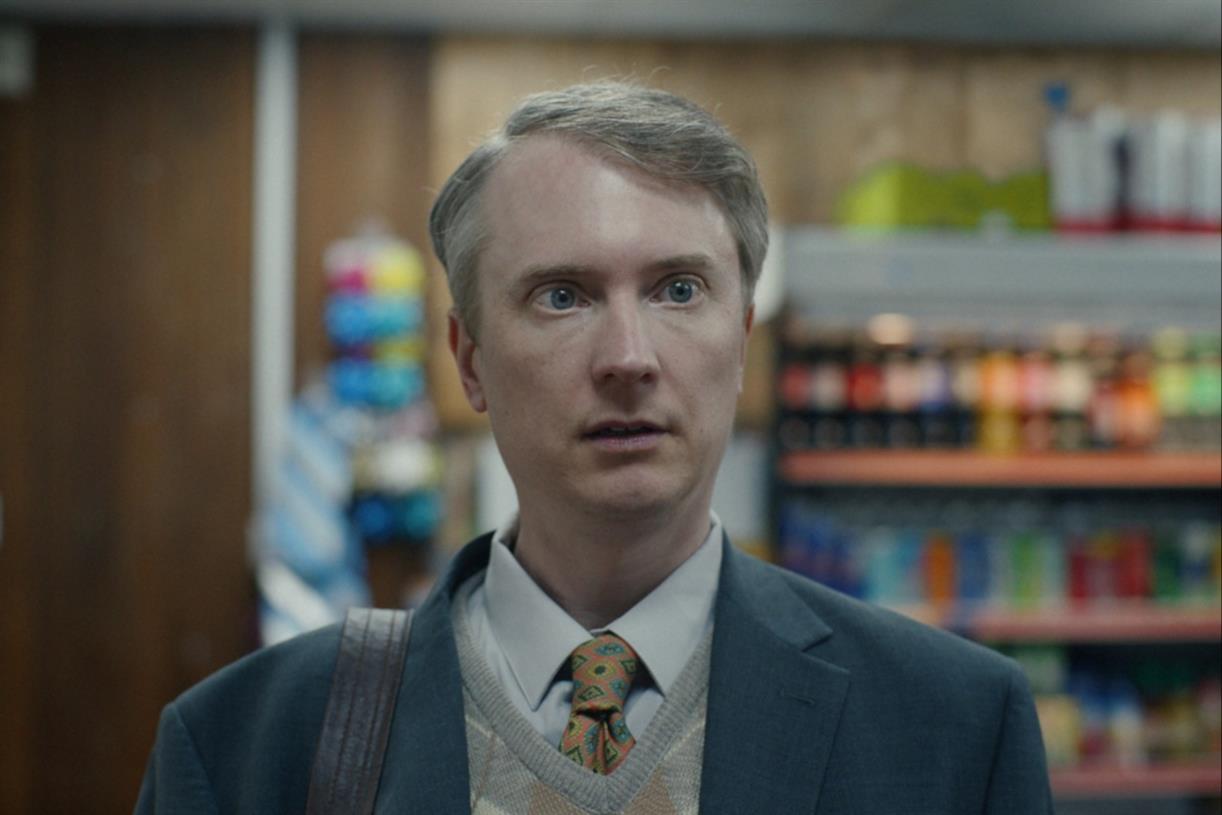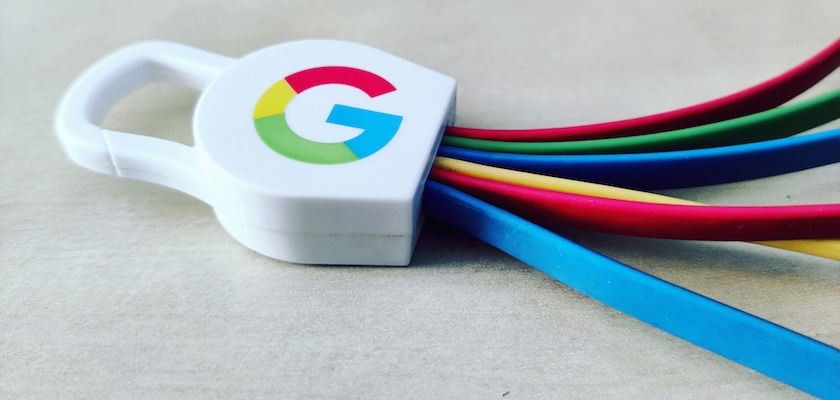Inflation 'collapse' will launch powerful market rally, Credit Suisse predicts
Credit Suisse expects the Federal Reserve to pause interest rate hikes in four to six months due to tumbling inflation.
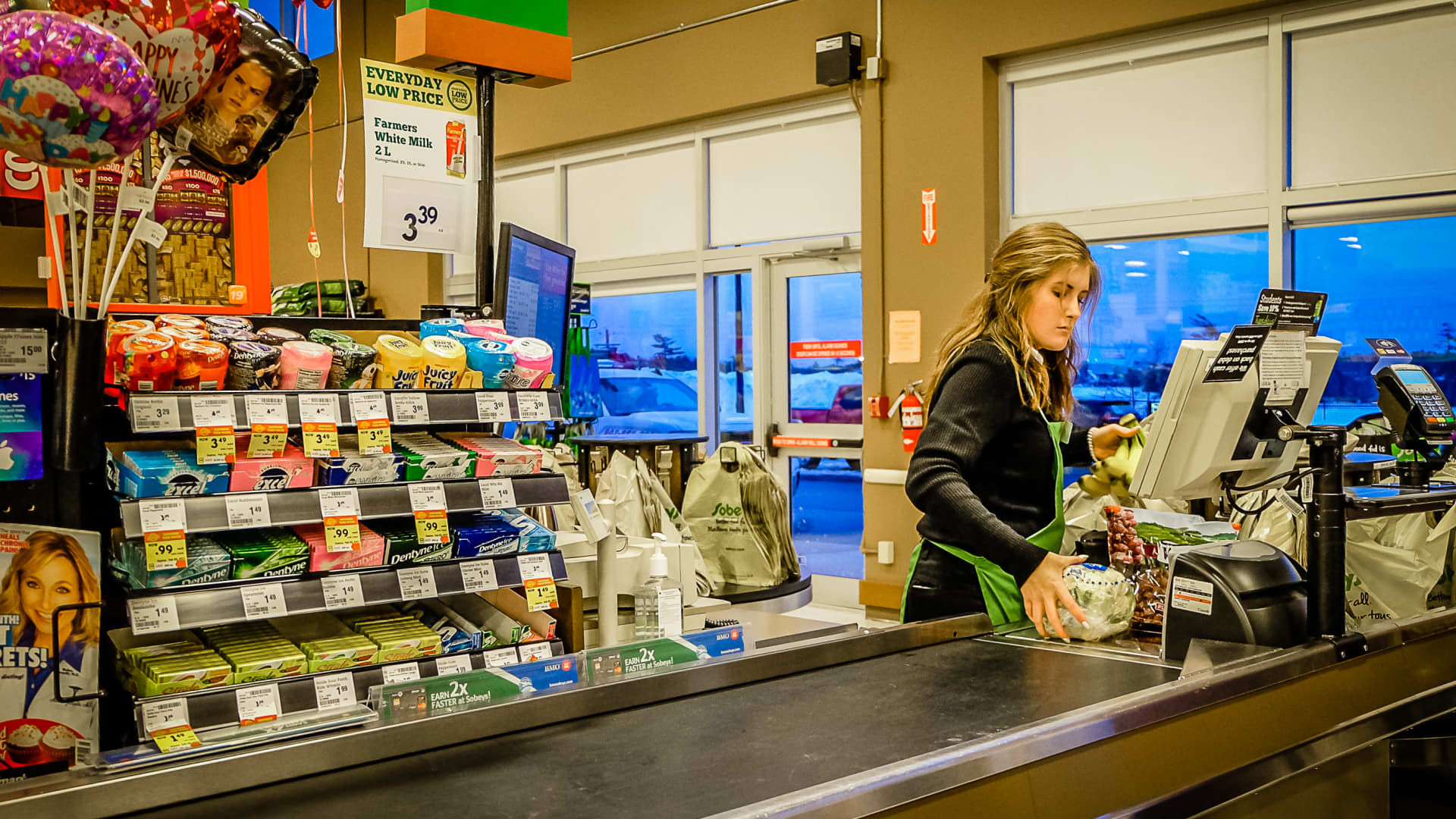
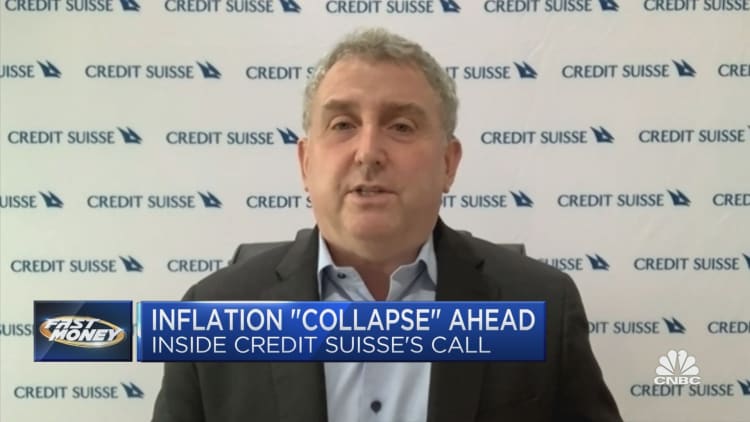
Credit Suisse expects the Federal Reserve to pause interest rate hikes sooner than widely expected due to tumbling inflation.
According to the firm's chief U.S. equity strategist, it will launch a powerful market breakout.
"This is actually what's being priced into the market broadly," Jonathan Golub told CNBC's "Fast Money" on Monday. "Every one of us sees when we go to the gas station that the price of gasoline is down, and oil is down. We see it even with food. So, it really is showing up in the data already. And, that's a really big potential positive."
In a new note previewing this week's August consumer price index and producer price index data, Golub contends the inflation "collapse" will happen over the next 12 to 18 months.
"Futures indicate that Food and Energy prices should fall -5.7% and -11.8% by year end 2023, while Goods inflation has declined from 12.3% to 7.0% since February," he wrote. "Over the past year, Services and Rents are up less than Headline CPI (5.5% and 5.8% vs. 8.5%)."
Golub expects signs of an inflation breakdown will force the Fed to stop hiking rates. His time frame: over the next four to six months.
"The market believes that come the first quarter, if we continue to go on this glide path where things renormalize, that they're going to either pause or signal that they might pause," he said. "If they do that the stock market wants to move ahead of it. The stock market is really going to take off."
And, now may be a strategic time to look for opportunities. Golub particularly likes consumer goods, industrials, refiners and integrated oil producers.
Stock picks and investing trends from CNBC Pro:
"Valuations on the market are somewhere between fair and inexpensive right now, meaning there's more upside from p/e [price to earnings] multiples," he added.
Golub's S&P 500 year-end target is 4,300, which implies a roughly 5% gain from Monday's close. The index is up almost 8% over the past two months. However, the S&P is still off about 15% from its record high.


 UsenB
UsenB 